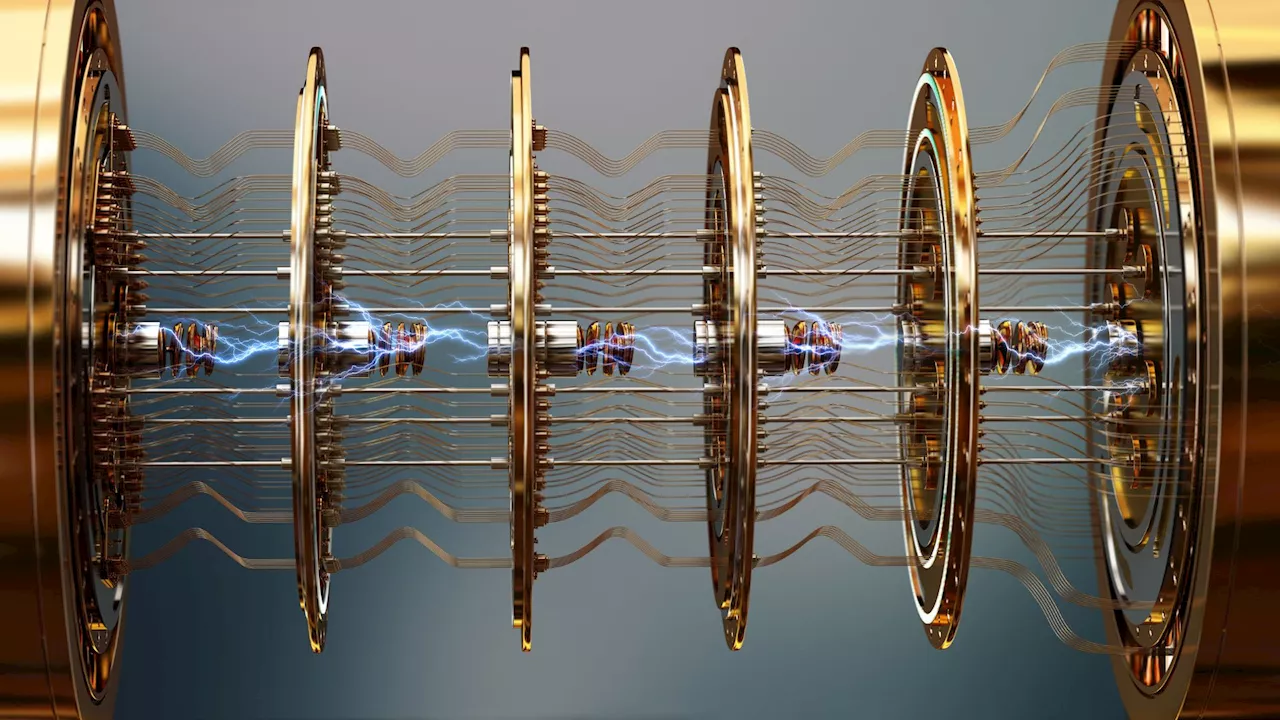Researchers have created the first superconducting flux qubit that functions without magnetic fields, advancing quantum computers.
Japan ese researchers have developed the world’s first superconducting flux qubit that functions in a zero magnetic field .
A team led by researchers from Japan’s National Institute of Information and Communications Technology and Tohoku University claims the new π-junction qubit has the longest lifetime among its type, and future improvements could make it key to high-performance quantum computers. Due to their low anharmonicity, transmon qubits—which are frequently seen in modern quantum computers—can result in problems like frequency crowding when numerous qubits are added.
To address this, Tohoku University researchers used a ferromagnetic Josephson junction to create a π-junction. Without requiring external magnetic forces, this π-junction produces a 180-degree phase shift, enabling the qubit to function at its best independently.
Japan Magnetic Field Quantum Computing Quantum Physics Qubit Sensor
United States Latest News, United States Headlines
Similar News:You can also read news stories similar to this one that we have collected from other news sources.
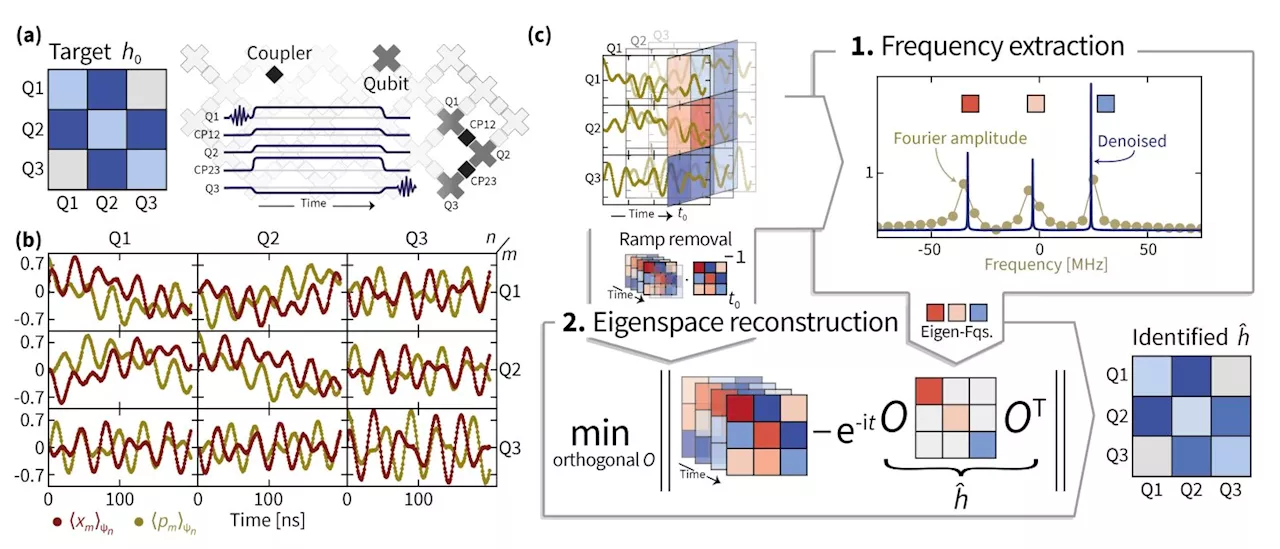 Novel protocols for estimating Hamiltonian parameters of a superconducting quantum processor could improve precisionResearchers at Freie Universität Berlin, University of Maryland and NIST, Google AI, and Abu Dhabi set out to robustly estimate the free Hamiltonian parameters of bosonic excitations in a superconducting quantum simulator.
Novel protocols for estimating Hamiltonian parameters of a superconducting quantum processor could improve precisionResearchers at Freie Universität Berlin, University of Maryland and NIST, Google AI, and Abu Dhabi set out to robustly estimate the free Hamiltonian parameters of bosonic excitations in a superconducting quantum simulator.
Read more »
 Researchers restore the performance of quantum dot solar cells as if 'flattening crumpled paper'Researchers adopt a new ligand to enhance the efficiency and stability of perovskite quantum dot solar cells. Solar cell efficiency increases to 15.3% by correcting distortions on the surface of quantum dots.
Researchers restore the performance of quantum dot solar cells as if 'flattening crumpled paper'Researchers adopt a new ligand to enhance the efficiency and stability of perovskite quantum dot solar cells. Solar cell efficiency increases to 15.3% by correcting distortions on the surface of quantum dots.
Read more »
 Quantum researchers come up with a recipe that could accelerate drug developmentMathematicians have developed a recipe for upgrading quantum computers to simulate complex quantum systems, such as molecules. Their discovery brings us closer to being able to predict how new drugs will behave within our bodies and has the potential to revolutionize pharmaceutical development.
Quantum researchers come up with a recipe that could accelerate drug developmentMathematicians have developed a recipe for upgrading quantum computers to simulate complex quantum systems, such as molecules. Their discovery brings us closer to being able to predict how new drugs will behave within our bodies and has the potential to revolutionize pharmaceutical development.
Read more »
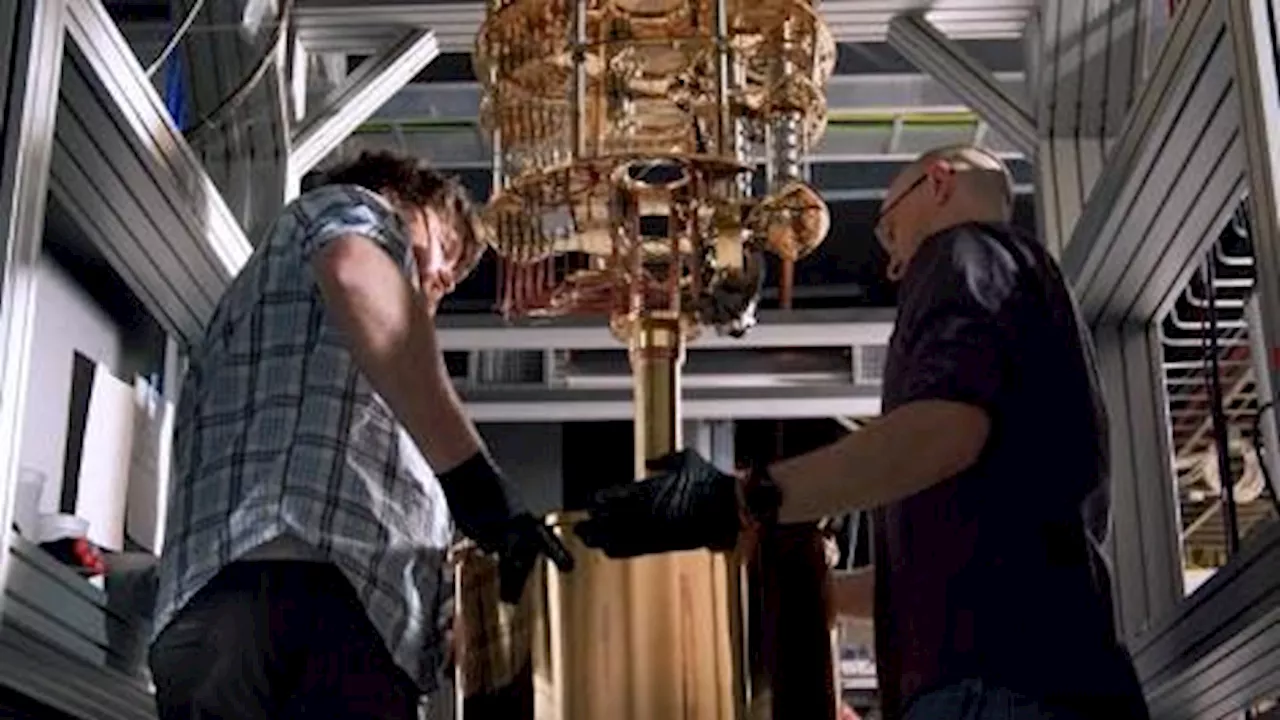 Microsoft Azure Quantum: Accelerating Discovery In The Quantum AgeMicrosoft and its Azure Quantum collaborators keep breaking new ground on research projects that advance different critical aspects of quantum computing.
Microsoft Azure Quantum: Accelerating Discovery In The Quantum AgeMicrosoft and its Azure Quantum collaborators keep breaking new ground on research projects that advance different critical aspects of quantum computing.
Read more »
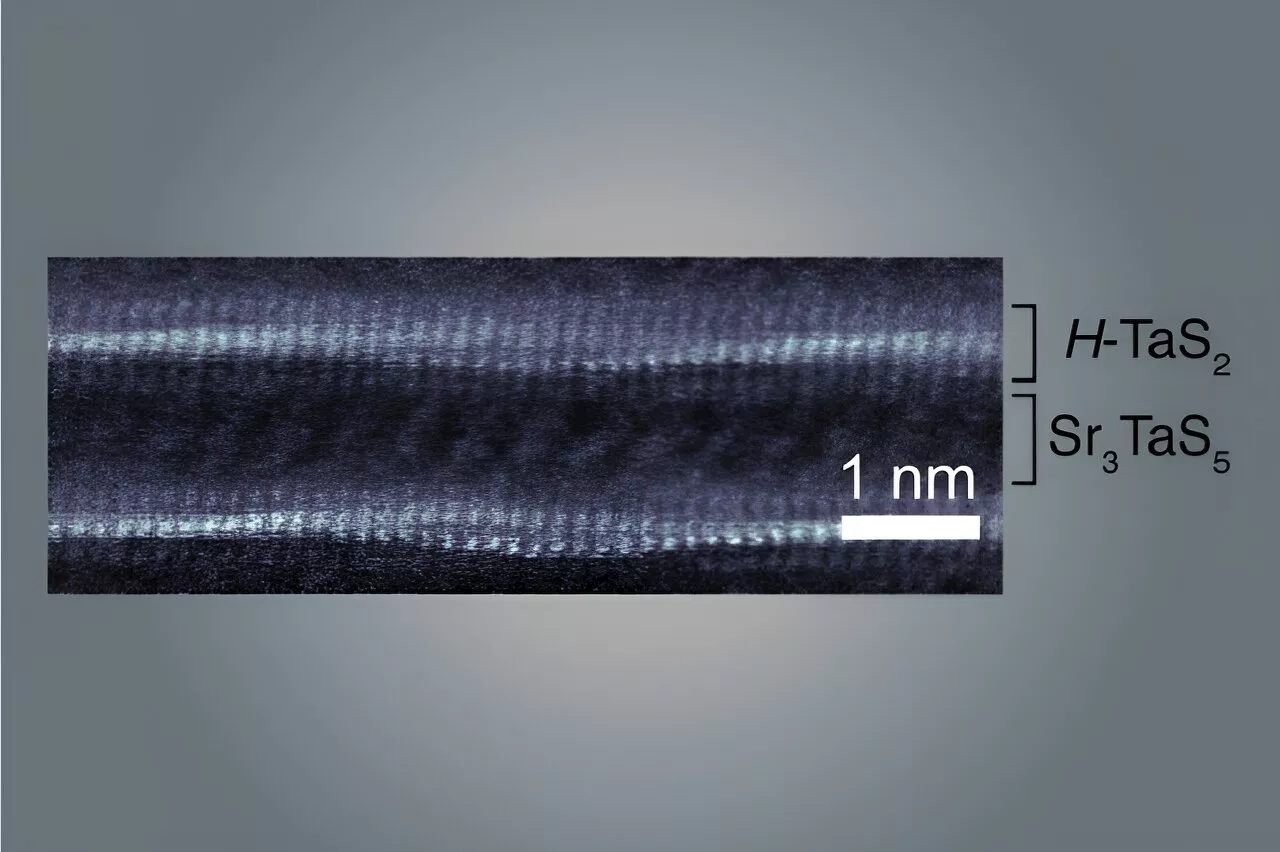 New material with wavy layers of atoms exhibits unusual superconducting propertiesMIT physicists and colleagues have created a new material with unusual superconducting and metallic properties, thanks to wavy layers of atoms only billionths of a meter thick that repeat themselves over and over to create a macroscopic sample that can be manipulated by hand.
New material with wavy layers of atoms exhibits unusual superconducting propertiesMIT physicists and colleagues have created a new material with unusual superconducting and metallic properties, thanks to wavy layers of atoms only billionths of a meter thick that repeat themselves over and over to create a macroscopic sample that can be manipulated by hand.
Read more »
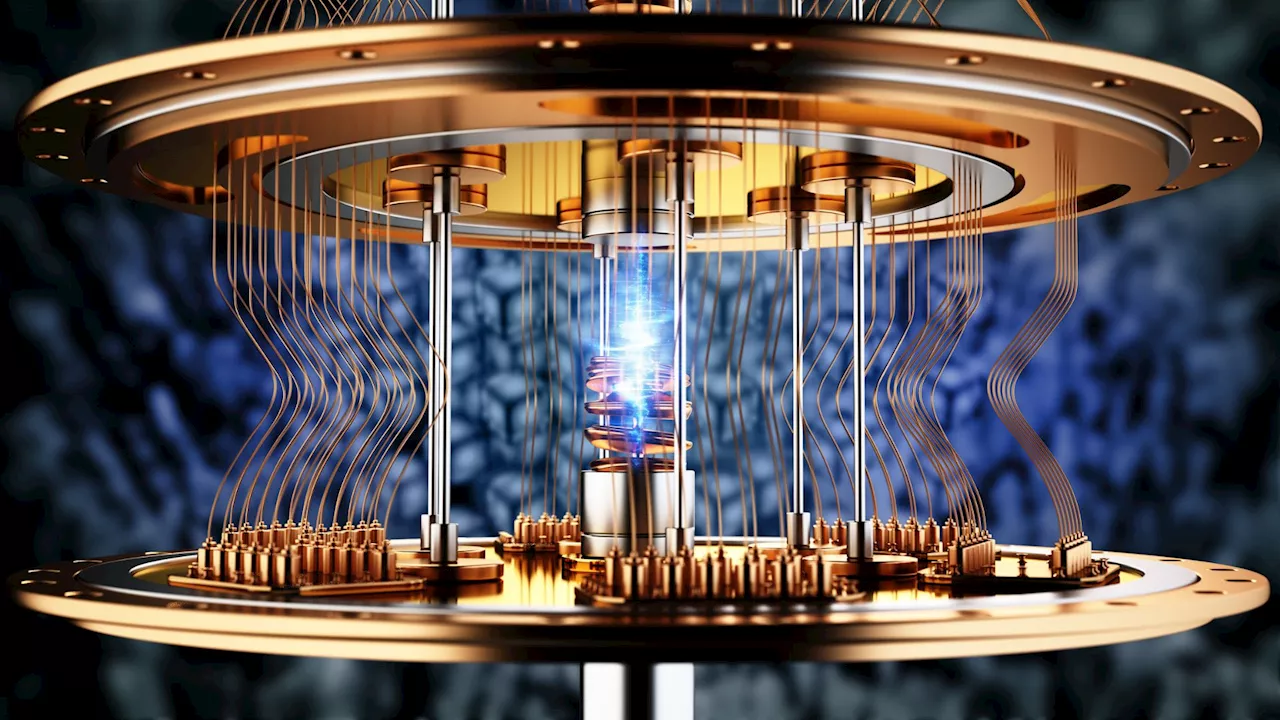 World’s smallest quantum computer unveiled, solves problems with just 1 photonTaiwanese Researchers Unveil World’s Smallest Quantum Computer Using Single Photon for Quantum Algorithms and Prime Factorization.
World’s smallest quantum computer unveiled, solves problems with just 1 photonTaiwanese Researchers Unveil World’s Smallest Quantum Computer Using Single Photon for Quantum Algorithms and Prime Factorization.
Read more »
